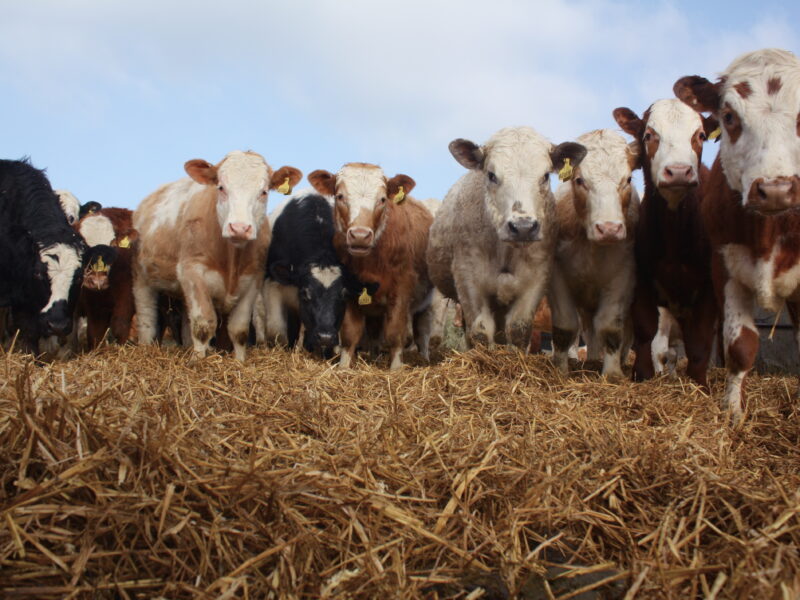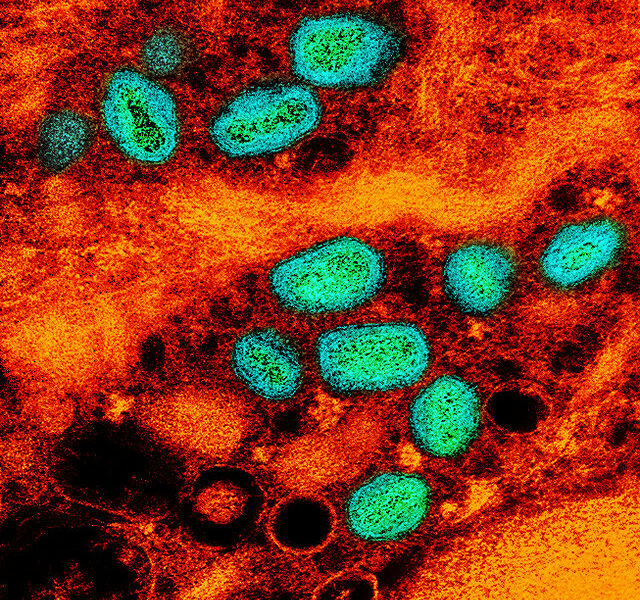Trinidad & Tobago andIceland have reported their first H1N1 deaths. The World Health Organization (WHO) has stated that the ongoing H1N1 pandemic remains a cause for concern because of its unpredictable nature, and announced that more than 4735 deaths can now be attributed to the virus. In addition, the WHO identified those most at risk and underscored the risk to theyoung and healthy. Doctors have been urged to treat suspect cases quickly, as the virus may cause viral pneumonia much more commonly than seasonal influenza.
The FDA has warned of online products purported to diagnose, prevent, treat or cure the H1N1 influenza virus.
The USDA's National Veterinary Services Laboratories have confirmedH1N1 in 3 pigs exhibited at the Minnesota State Fair (held Aug. 26-Sept. 1). These are the first pigs in the US diagnosed with pandemic H1N1.
The CDC announced that approximately 6 million doses of H1N1 vaccine have been shipped throughout the United States, however about 25% fewer doses than expected will be available this month because of delays in production.
A recent study from the University of California at Davis may explain why many people over the age of 60 carry antibodies or other types of immunity against the new virus.
The humanitarian agency World Vision, has warned that the spread of H1N1 to developing countries, without adequate means to track the outbreak or to treat those infected, could prove disastrous.

